Eminem is among a long list of celebrities whose sexuality has — and continues to — intrigue people.
Rumors began orbiting the Grammy Award-winning rapper after his appearance in the 2014 action comedy movie The Interview. In the film — which you will recall was banned in North Korea over James Franco and Seth Rogan’s characters acting out a plot to assassinate Kim Jong-un — Eminem came out as gay on live TV. The stunt, while scripted, sent the real-life nation into a frenzy.
Long before The Interview, however, Eminem had been — and still is — dodging accusations of homophobia due to his proclivity for using gay slurs in his songs. So which is it? Is he gay or homophobic?
Is Eminem really gay?
It’s easy to understand why one would be duped into believing Eminem’s coming out scene in The Interview was some crafty coming-out publicity stunt, especially since his deadpan delivery even acknowledged his real-life history of sprinkling gay innuendoes and gay slurs into his music.
“I’m more shocked that people haven’t figured it out yet,” Eminem said to James Franco’s character in the movie. “I’ve been playing gay peek-a-boo for years. I’ve pretty much been leaving a gay breadcrumb trail.”
Combine that with his comments from a 2017 Vulture interview in which he claimed to use Grindr to find dates, and you have yourself a full-bodied rumor. Grindr, for those who don’t know, is a popular dating app among the gay community and Eminem’s statement felt like the nail in the proverbial gay coffin.
Before long, however, Eminiem’s rep stepped in with a statement ensuring the rapper’s comment about Grindr was merely a joke. “I’m confirming that he was joking about using both Tinder and Grindr,” the rep told The Muse. Additionally, Eminem has only ever been in relationships with women, most prominently his ex-wife Kim Scott, with whom he shares two children.
So while he may like to use the gay community as the butt of the joke or sprinkle in an insult for a catchy double entendre, Eminem is, as for as everyone knows, straight.
Eminem’s dodgy history with the gay community
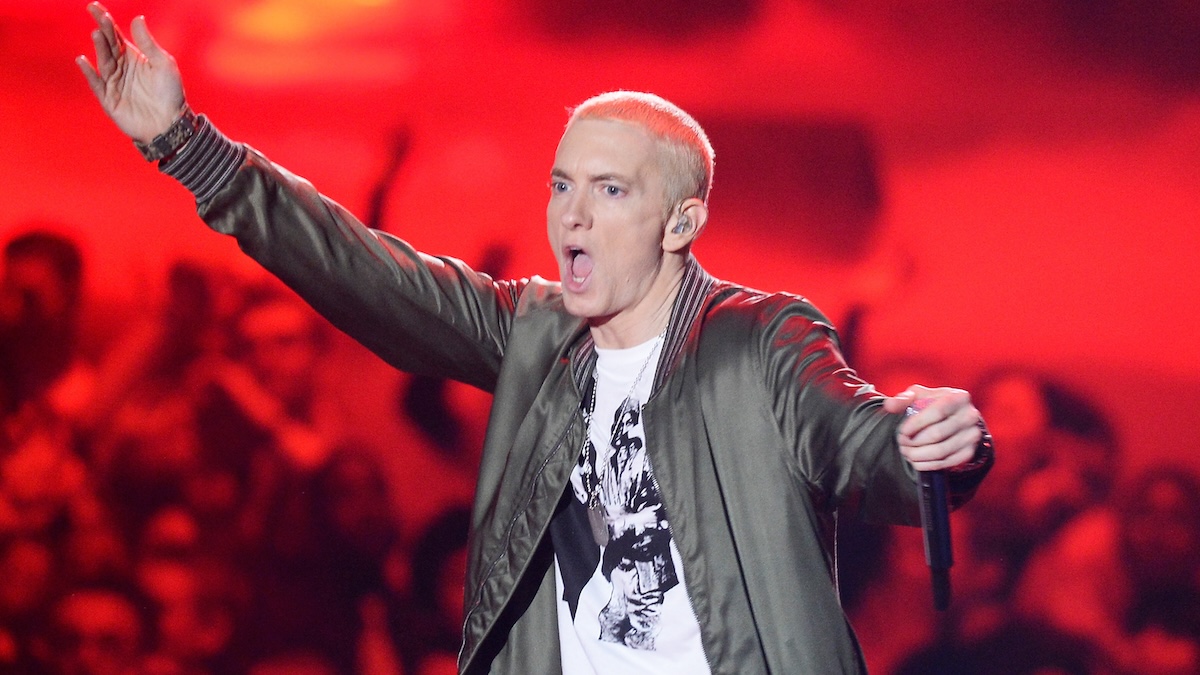
Eminem has a long history of defending himself against homophobic accusations, which began in 1999 after his song “My Name Is” on his LP The Slim Shady contained the lyric, “My English teacher wanted to have sex in junior high / The only problem was my English teacher was a guy.”
As he explained in his 2017 interview with Vulture, “All I was saying was I don’t swing that way.” It was one of many marks against his name, and it didn’t stop there.
In his 2000 song “Kill You” from his LP The Marshal Mathers, his lyrics contain the line, “You f******s keep eggin’ me on / ‘Til I have you at knifepoint, then you beg me to stop?!”
In the song “Criminal” from the same album he raps, “My words are like a dagger with a jagged edge / That’ll stab you in the head, whether you’re a f** or lez / Or a homosex, hermaph or a trans-a-vest / Pants or dress, hate f**s? The answer’s yes / Homophobic? Nah, you’re just heterophobic.”
In a 2010 interview with Anderson Cooper on 60 Minutes, he said, “The scene that I came up in, that word was thrown around so much,” referring to the f-word. When Cooper asked if he did, in fact, hate gay people the way his lyrics implied, Eminem replied, “I don’t have any problem with nobody.”
In his Vulture interview, he also explained that the “flack” he received for that very first mention of not liking guys in the song “My Name Is” was the reason he pressed the boundaries. He “hates” the idea of gay kids growing up bullied for being gay. To him, the whole concept of being homophobic has been “so blown out of proportion.”
“I was trying to push the buttons of people who were calling me something that I wasn’t. The honest-to-God truth is that none of that matters to me: I have no issue with someone’s sexuality, religion, race, none of that. Anyone who’s followed my music knows I’m against bullies — that’s why I hate that f*****g bully Trump — and I hate the idea that a kid who’s gay might get s*** for it.”
However, in 2018, the rapper soldiered on and continued to use the f-word in his song “Fall” in retaliation against fellow rapper Tyler, the Creator. In the song, he rapped, “Tyler create nothing, I see why you called yourself a f*****t, bitch.”
In a follow-up interview with journalist Sway Calloway, Eminem apologized for the slur, saying, “I think the word that I called him on that song was one of the things where I felt like this might be too far. Because in my quest to hurt him, I realize that I was hurting a lot of other people by saying it… It was one of the things that I kept going back to and going ‘I don’t feel right with this.’”
The rap community may have made strides toward improving its relationship with the gay community over the years — as has Eminem — but as is the case with any deep-rooted issues, just because it’s not overt anymore, doesn’t mean it’s not still happening.
Personally, one of my earliest memories of Eminem was hearing him use the f-word in a song. I was young, so I didn’t understand the notion of creative expression or the concept of an alter ego yet. I couldn’t tell you what song it was — I’ve never listened to rap much — but I know what I felt: shame. I felt like the butt of the joke, like an outsider.
Everybody deserves redemption, and Eminem clearly isn’t a bad person. If I bumped into him on the street, I’d be respectful, but that doesn’t negate the fact that he was one of the first people who instilled internalized homophobia in me. I never outright hated myself, but I didn’t love myself for a long time because my entire childhood was populated with figureheads like Eminem telling me that the most basic part of myself was unnatural, wrong, something to laugh at.
Eminem may not be gay, but I’m not sure I would want him as a member of my community anyway.

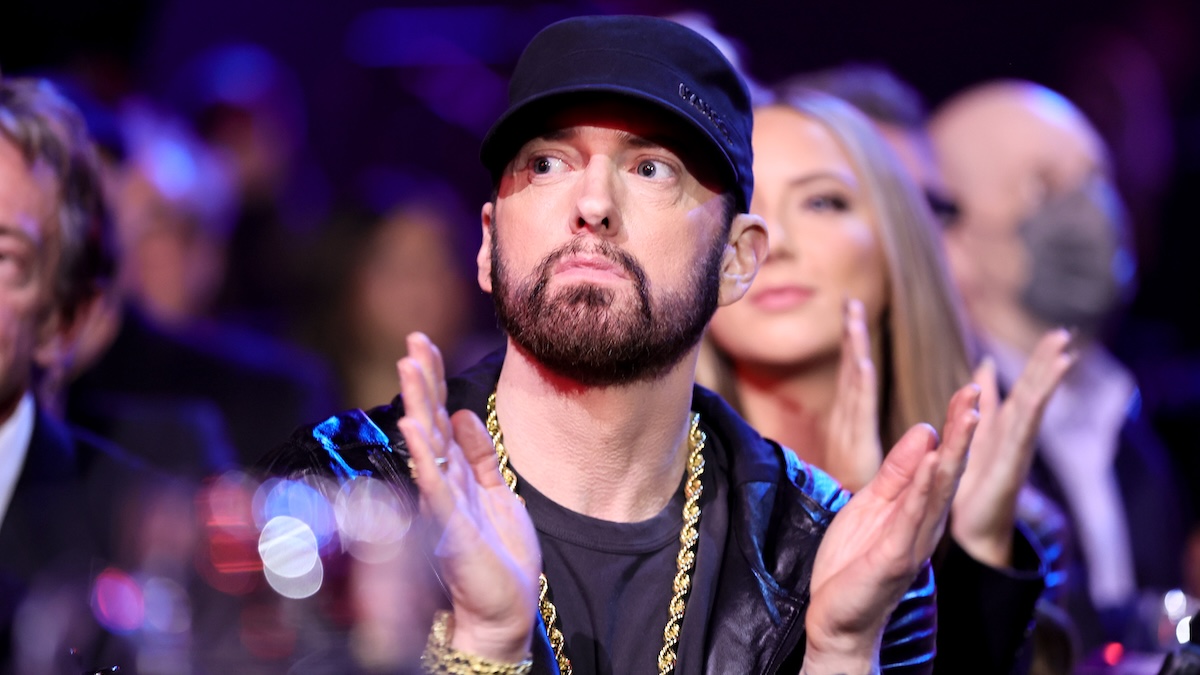
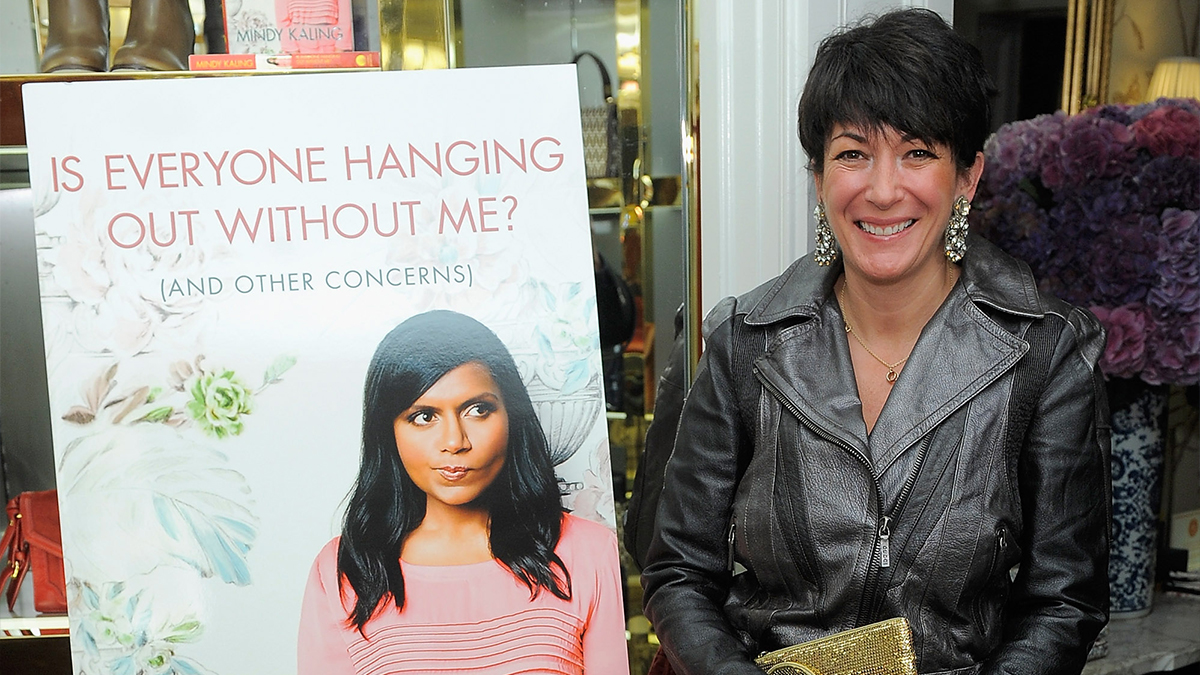
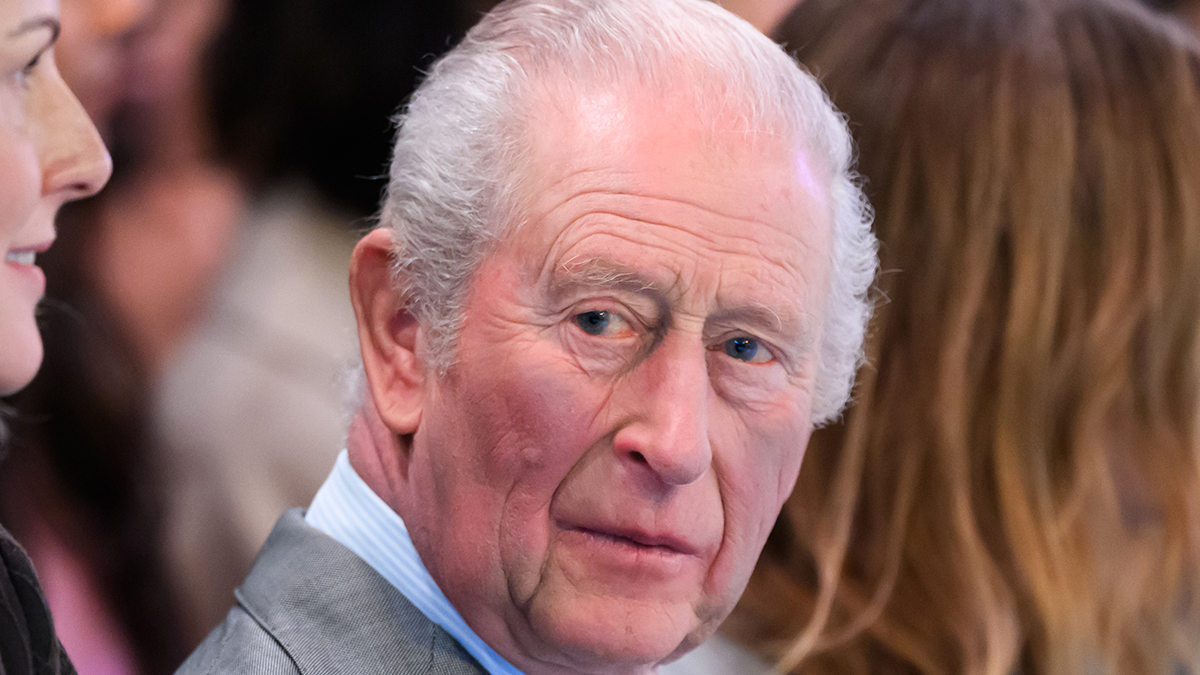
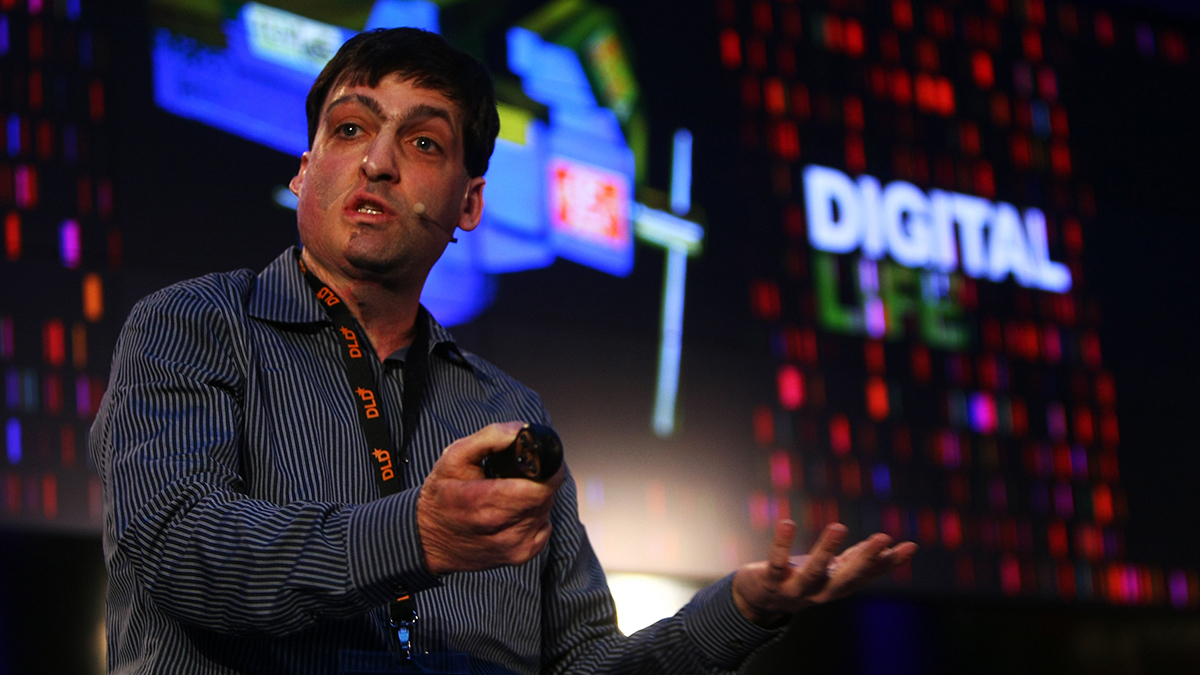
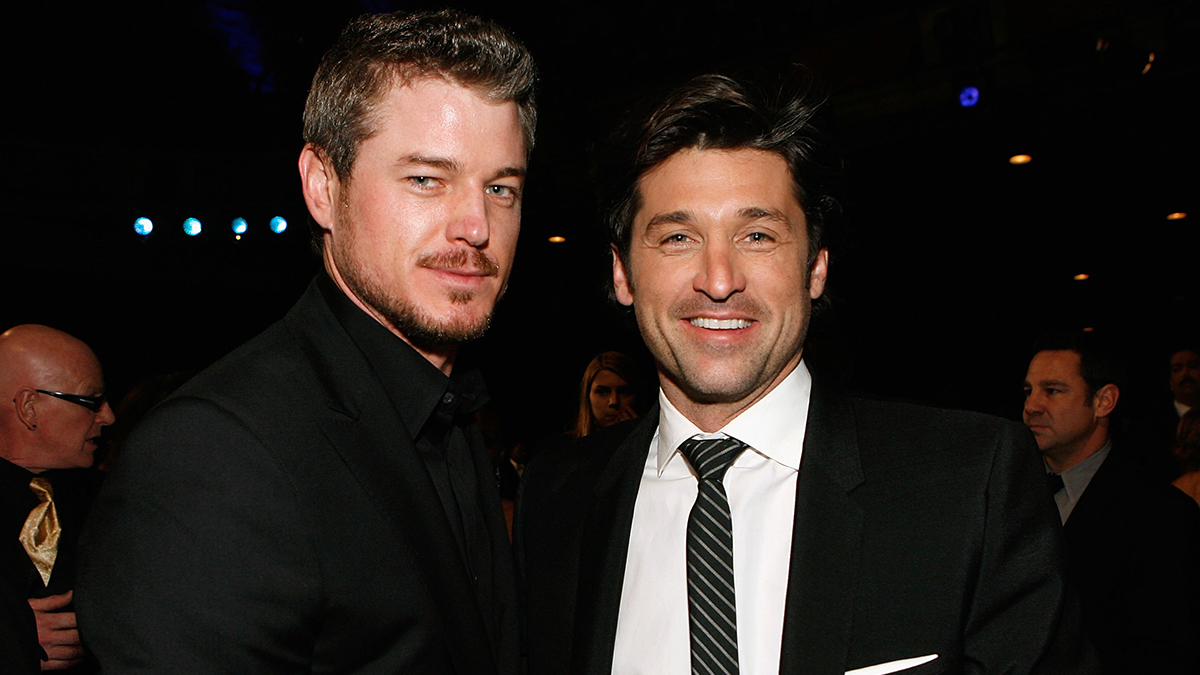
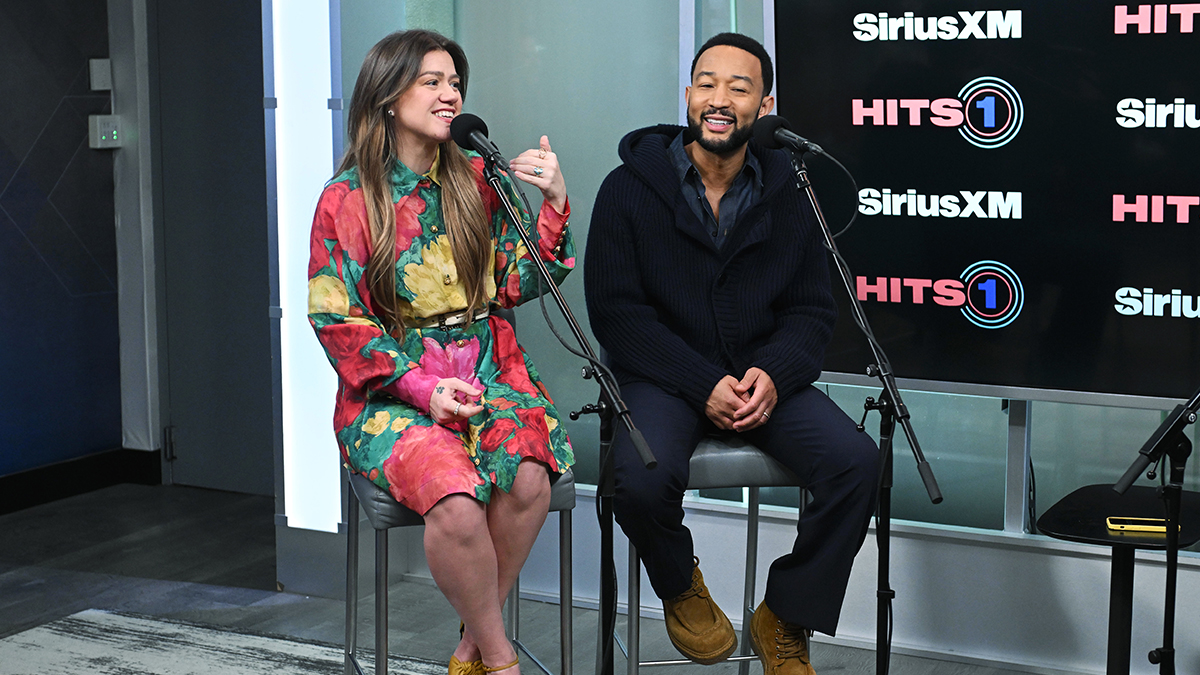
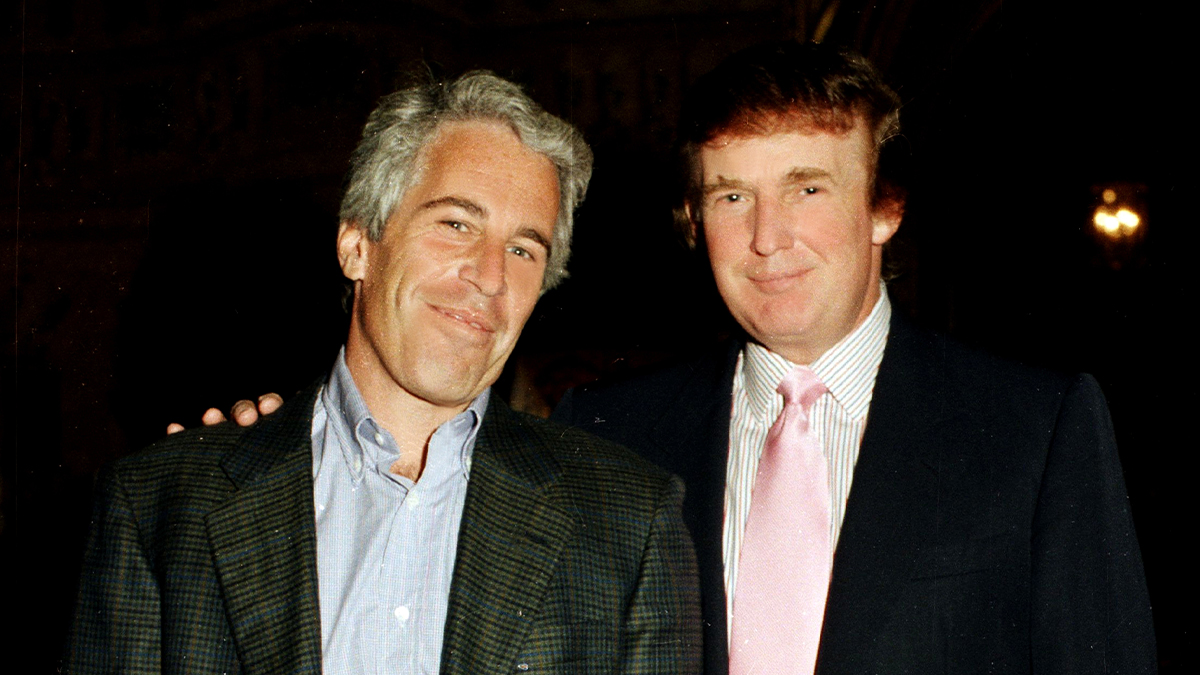
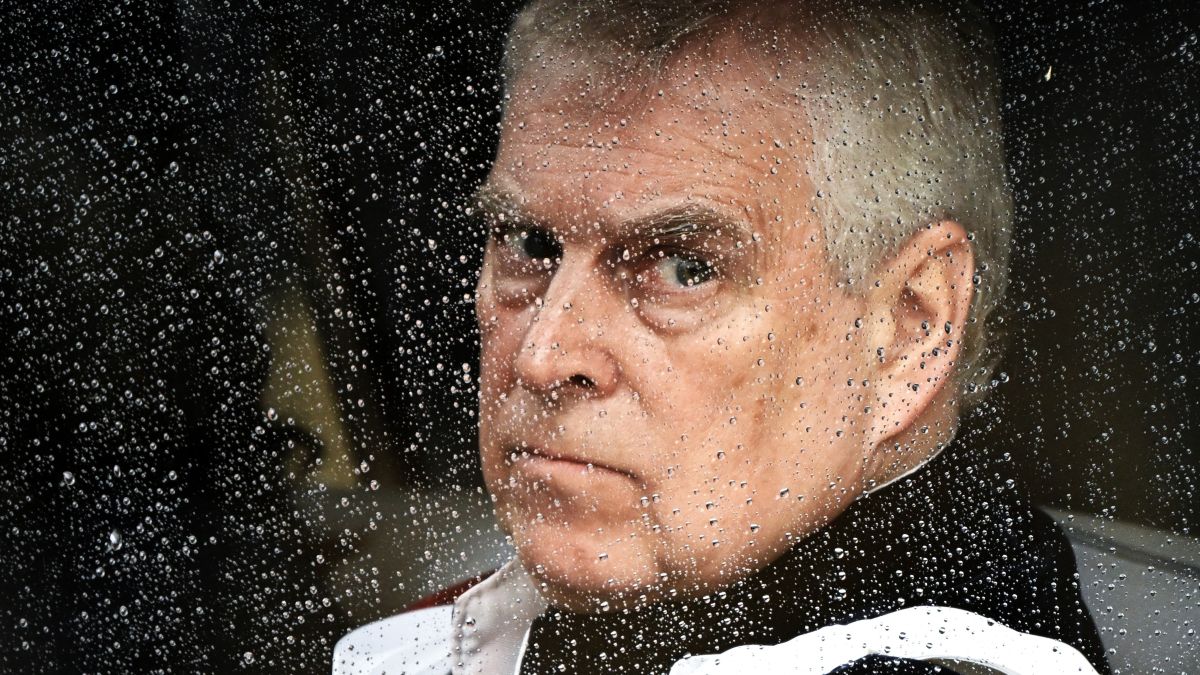
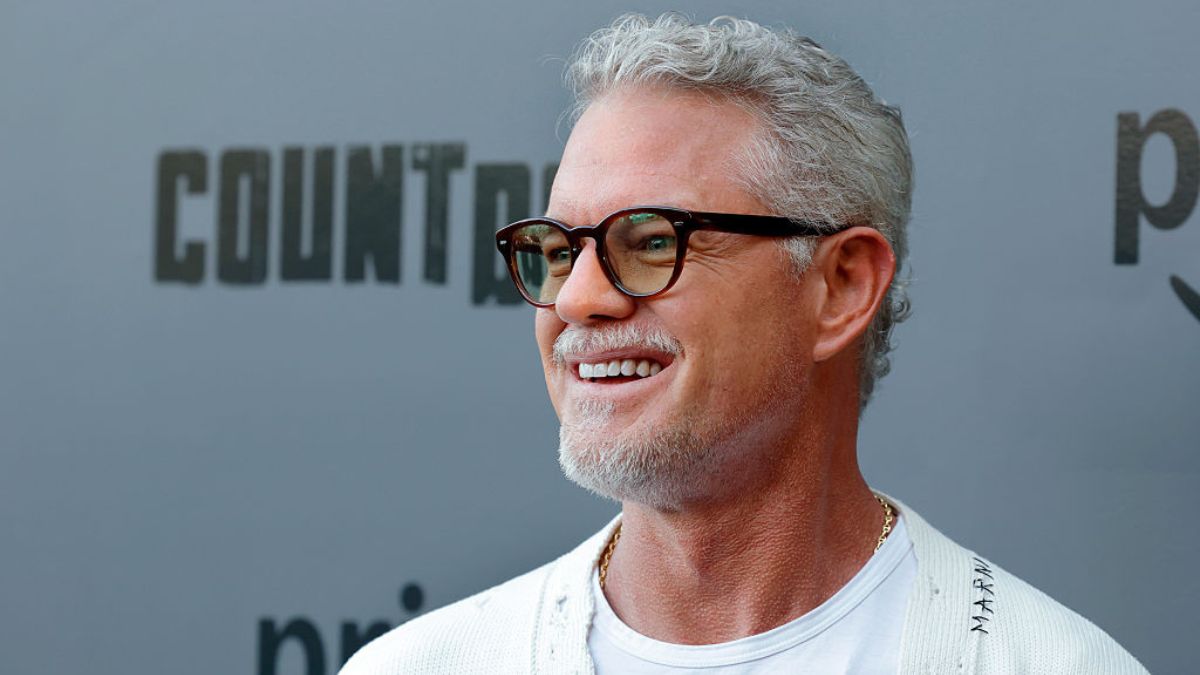

Published: Oct 19, 2023 06:24 pm